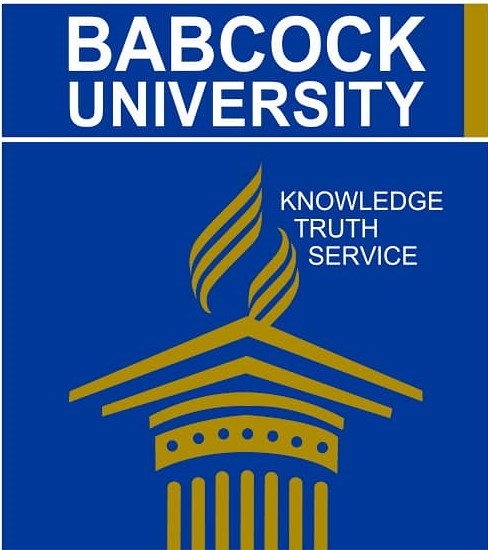Pedagogical Shifts in Science Teaching: Exploring Technology-Driven Instructional Materials in Taraba State, Nigeria
DOI:
https://doi.org/10.5281/zenodo.17247321Trefwoorden:
Pedagogical Transformation, Science Education, Technology Integration, Instructional Materials,, Taraba StateSamenvatting
This study investigates the pedagogical shifts in science teaching within Taraba State, Nigeria, with a focus on the integration of technology-driven instructional materials. Despite global advancements in digital education, many secondary schools in the region face persistent gaps in infrastructure, teacher preparedness, and curriculum alignment. These challenges hinder the effective use of digital tools such as simulations, multimedia content, and mobile learning platforms in science instruction. Using a descriptive survey design, data were collected from 80 science teachers and 200 senior secondary school students across urban and rural schools. The findings reveal a growing awareness and partial adoption of technology-enhanced teaching methods, particularly in urban areas. However, limited access to devices, unreliable electricity, and insufficient professional development remain significant barriers, especially in rural settings. The implications of these findings underscore the urgent need for targeted teacher training in digital pedagogy, strategic investment in ICT infrastructure, and curriculum reform that embeds technology competencies into science education. The study concludes that while technology holds transformative potential for science teaching, its impact will remain uneven without coordinated policy support and inclusive implementation strategies. It is recommended that stakeholders prioritize equitable resource distribution, develop localized digital content, and institutionalize continuous professional development to foster sustainable and inclusive pedagogical transformation in science education across Taraba State.
Downloads
Downloads
Gepubliceerd
Nummer
Sectie
Licentie
Copyright (c) 2025 Journal of Education, Communication, and Digital Humanities

Dit artikel is gelicentieerd onder de Naamsvermelding 4.0 Internationaal licentie.













 =======================================================================================================================================
=======================================================================================================================================